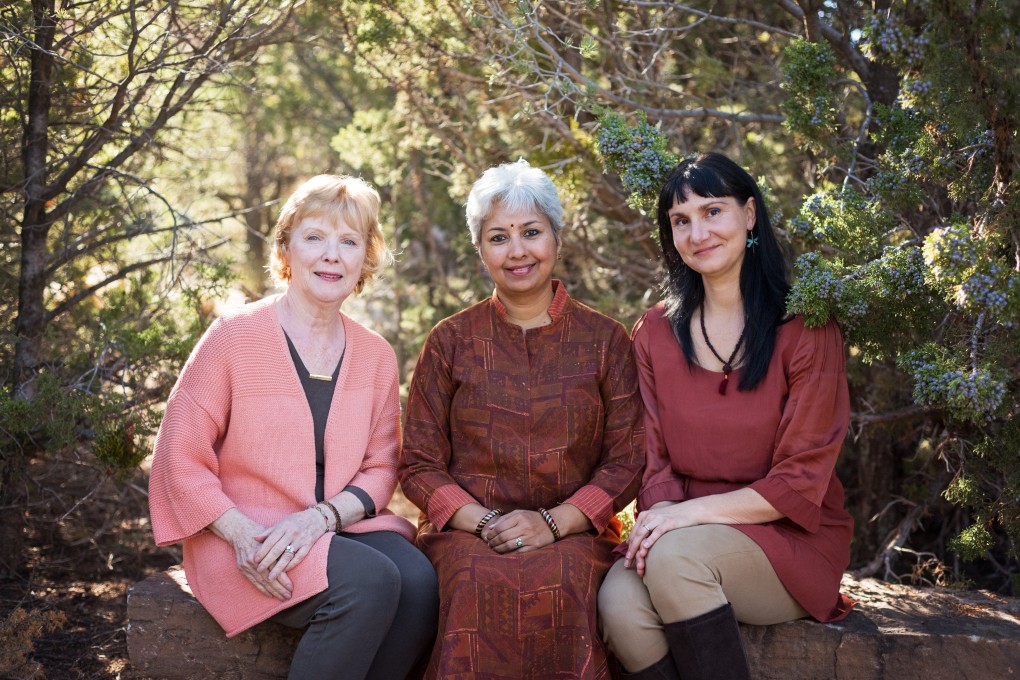Overcoming grief with past-life regression and guardian angels: how three women help others overcome loss and live a spiritual and purposeful life
- The International Grief Council was set up by three women who found spiritual awakening through grief
- Lo Anne Mayer, Uma Girish and Daniela Norris help others deal with loss through group and individual therapy

With more than 2.68 million Covid-19-related deaths around the world, the social impact of grief has been massive. The pandemic has forced people to uproot traditions, and forgo funerals and rituals, and separated them from loved ones during celebrations and times of need.
This collective grief is deepened by rules imposed to mitigate the pandemic. Even the work of the International Grief Council, set up to serve the grieving, has been put on hold.
The council was formed when three authors met and found that, despite their varied backgrounds, they had a binding factor: grief.
When one of them, 77-year-old Lo Anne Mayer, a reiki master based in New Jersey, was interviewed by another, author and certified grief guide Uma Girish, on a radio show called Grammar of Grief in the United States, they discovered a common thread: spiritual awakening through loss.